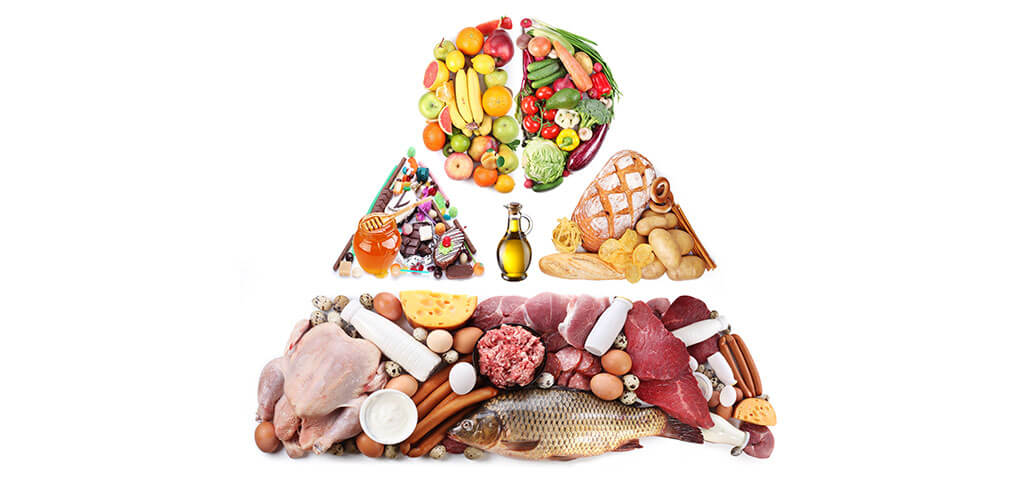People with diabetes are concerned about what they eat to avoid blood sugar spikes and minimize the risk of related health conditions and complications. Proper nutrition can help you maintain normal blood sugar levels. Consider 6 things to help your nutrition and make you feel great.
- Good nutrition can minimize the risk of developing chronic complications when you have diabetes type 2. Eating the right foods can also make the most of your current treatment and reduce the risk of other health related illnesses. Calorie counting may be helpful when it comes to keeping your weight in check but most people find this impossible. It is more important to focus on proper overall nutrition. Nutrient-dense whole foods are the best choices. Stay away from packaged foods, fast foods and sodas that contain trans-fats and sugar. Read the labels on canned goods and other foods to make the best choices. Rather than counting calories, focus on eating a variety of foods in small portions. Never skip a meal and eat on a schedule. Losing just 5- 10 percent of your total body weight can help. If you have questions, talk to your diabetes health care team. Your doctor might recommend consulting with a dietitian or a diabetes nurse educator.
- An added benefit of healthy eating is greater mental focus and improved emotional health. Making wise choices about food can give you more energy and help you focus more clearly throughout the day. Set specific goals about the foods you want to eat to achieve success. For example, decide to eat 2 cups of vegetables per day, or have a piece of fruit for your afternoon snack. Swap out unhealthy choices for better ones such as low carb pasta rather than white pasta, or water with lemon instead of sugary drinks. Often people think they are hungry when they simply need a glass of water to get hydrated.
- Watch what you add to your foods. Added sugar and salt can lead to health problems. Sugar might have other names, such as fructose, so always read food labels. If you want to sweeten certain foods and beverages, choose a sugar-free sweetener that won’t make your blood sugar climb. Adding salt increases your risk of hypertension and other heart health issues. Keep in mind people with diabetes already have a greater chance of developing these conditions. Use dried or fresh herbs instead to flavor your foods without guilt.
- Vitamin supplements can be helpful but they are not a substitute for healthy eating. Talk to your doctor before taking any supplements since they may interact with your prescription medications. Try to get most of your nutrients by eating the right foods. It is important for people with chronic conditions to get enough vitamin D to boost their immune systems. Vitamin D is in foods such as mushrooms and low-fat or fat-free dairy products. The sun is another natural source of vitamin D. Try to get 10-15 minutes of sun each day without sunscreen. Then make sure to put on sunscreen and a hat and sunglasses to protect your skin and eyes from the UV rays. Eat plenty of fresh fruits and vegetables, whole grain and lean fish and meats with low-fat dairy to meet your daily nutritional requirements.
- Blood sugar irregularities are linked to eating too many refined carbohydrates, as well as obesity and heart disease. Limit your intake of sugar, refined carbohydrates and saturated fats. Refined carbohydrates are foods such as white bread, white pasta and packaged cakes. Have whole grains instead, such a brown rice and multi-grain bread. Choose healthy fats such as fatty fish with omega-3s for a healthier body and better brain power. Limit your alcohol intake or avoid it altogether. Quit smoking, exercise for at least a half hour daily and adopt healthy habits that complement your improved dietary choices.
- Stay away from trendy diets that can do more harm than good. Often referred to as yo-yo dieting, your weight goes up and down, putting pressure on your heart and other organs. When it comes to dieting, there is no one-size-fits-all approach. Enlist the assistance of your diabetes health care team. Work with professionals to help you make the best decisions. Consult with your doctor before making major changes to your diet. Recognize there are no quick fixes that can replace the benefits of adopting healthy lifestyle habits.
When you remember these 6 key things about nutrition you will feel better. Be conscious of what you eat each day and avoid fad diets. Healthy lifestyle habits can help keep your blood sugar in check and give you the energy you need to feel great!













Leave A Comment